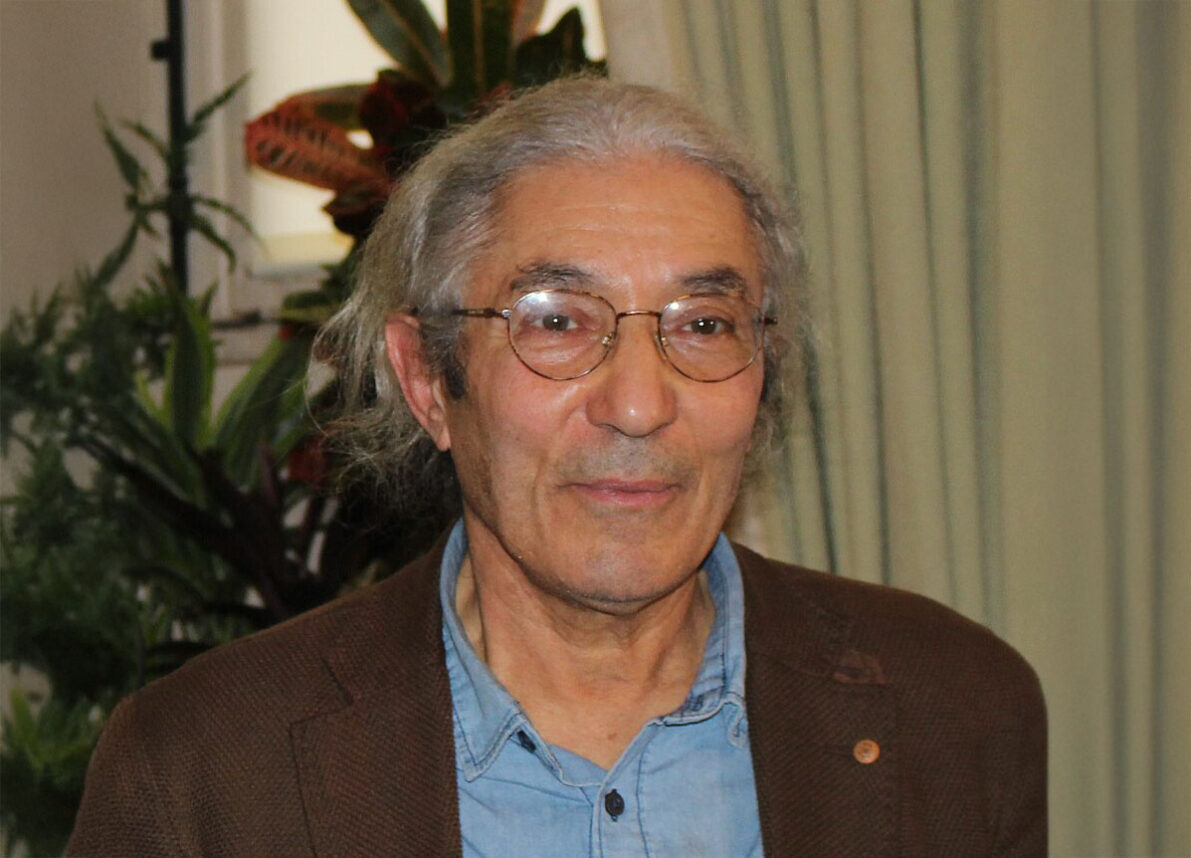"The Syringa Tree," which won the 2001 Obie Award for best play and premieres in Los Angeles this week, might be the first theatrical work to deal with the complicated and ambiguous relations between Jews and blacks in South Africa. A solo performance written and acted by Pamela Gien, it is a partly fictionalized — though mostly factual — account of a half-Jewish, half-English child in Johannesburg during apartheid. Created by Gien in a Santa Monica acting class in 1996, the play was inspired by the brutal murder of Gien’s grandfather when she was a child.
Using little in the way of stage effects outside of a swing and a cyclorama (a two-layered semicircular backdrop), Gien creates an uncommonly moving, even wrenching, study of race relations as seen through the eyes of a little girl, Elizabeth, aka Lizzy. I was reminded of James Agee’s tone-poem "Knoxville: Summer of 1915," where the daily events of adults are experienced through the imagination, and expressed through the luminous images, of a child.
Yet "The Syringa Tree" — Gien’s debut writing effort — is about a lot more than the nostalgia of a lazy day in Tennessee. It is concerned with the suffering of black people under apartheid and the various ways whites dealt with their responsibility for it.
In a speech given to the Harvard Jewish faculty by my wife, Doreen Beinart, a Jewish South African, she noted that while organized Jewry (including the Jewish Board of Deputies and most Orthodox rabbis) did not protest apartheid for fear of being subjected to Afrikaner bigotry, individual Jews — such as Joe Slovo, chief of staff of the military wing of Nelson Mandela’s African National Congress — were often among the most active white people fighting racism.
That divided attitude permeates Gien’s play. From the moment the black maid, Sellamina, refers to her little charge as "my pickaninny missus," we are in a nest of nurturing warmth and color-blind affection built on a foundation of hierarchy and subjugation — somewhat like that of the antebellum American South.
In order to depict such a world, Gien has single-handedly created a theatrical album of 24 characters. She was once an actress in my company, the American Repertory Theatre, but nothing in her previous work prepared me for what she is delivering here — a series of character transformations so instantaneous and intense that the stage seems peopled with multitudes.
Still, it is not just the technical achievement that startles one into attention. It is the way she manages to delineate, physically and vocally, a whole world of whites, blacks, Jews and Afrikaners — a world of divided identities where the very fact that a black baby (Sellamina’s daughter, Moliseng) has been born without "papers" can destroy her and uproot everyone around her.
Gien has perfect pitch in the way she depicts characters, such as the harassed father dispensing precious medicines; the slightly hysterical, vaguely depressed mother; the rigid Afrikaner farmers praying for rain, and particularly the stoical Faulknerian maid and her own child whom Lizzy’s parents help to birth.
Lizzy’s Jewish father is a doctor and her English mother manages the black staff with sympathy, yet both mother and father are regarded as outlanders, by blacks and whites alike.
When Sellamina takes Moliseng to her family in Soweto, the little girl gets sick and is lost in a hospital where people are dying of dehydration. In her terror and grief, Sellamina rocks under the syringa tree, mindless of the berries falling on her body. Lizzy’s parents help to find the little girl and return her safely to her mother.
It is that sort of thing that leads the hard-nosed Afrikaner farmers to believe that the Jews and English are making trouble with the blacks who will come and kill them in their beds.
Sadly, the Afrikaner prophecy comes true. Lizzy’s father discovers that his wife’s parents have been murdered on their Natal farm in the course of a petty theft. Sellamina is so ashamed of the violence that she can no longer look the family in the eye, and soon she leaves. Not long thereafter, the terrible events of Soweto erupt.
Eventually, the grown-up Elizabeth departs for America, vowing never to come back because "we don’t change things." Nonetheless, she returns to Johannesburg after the fall of apartheid, is reunited with Sellamina and finds her past again. This reunion constitutes a poem of inconsolable loss and nostalgia ("Oh God, how I miss it!") that leaves the audience grieving as much as the central character for the beloved country. At the end of the play, she is back where she began, on a swing, ecstatic with a vision of lost paradise.
The performance is impeccable. Gien has a meticulous eye for detail and the capacity to render each moment with truth and illumination. Don’t miss this transcendent dramatic experience.























 More news and opinions than at a Shabbat dinner, right in your inbox.
More news and opinions than at a Shabbat dinner, right in your inbox.